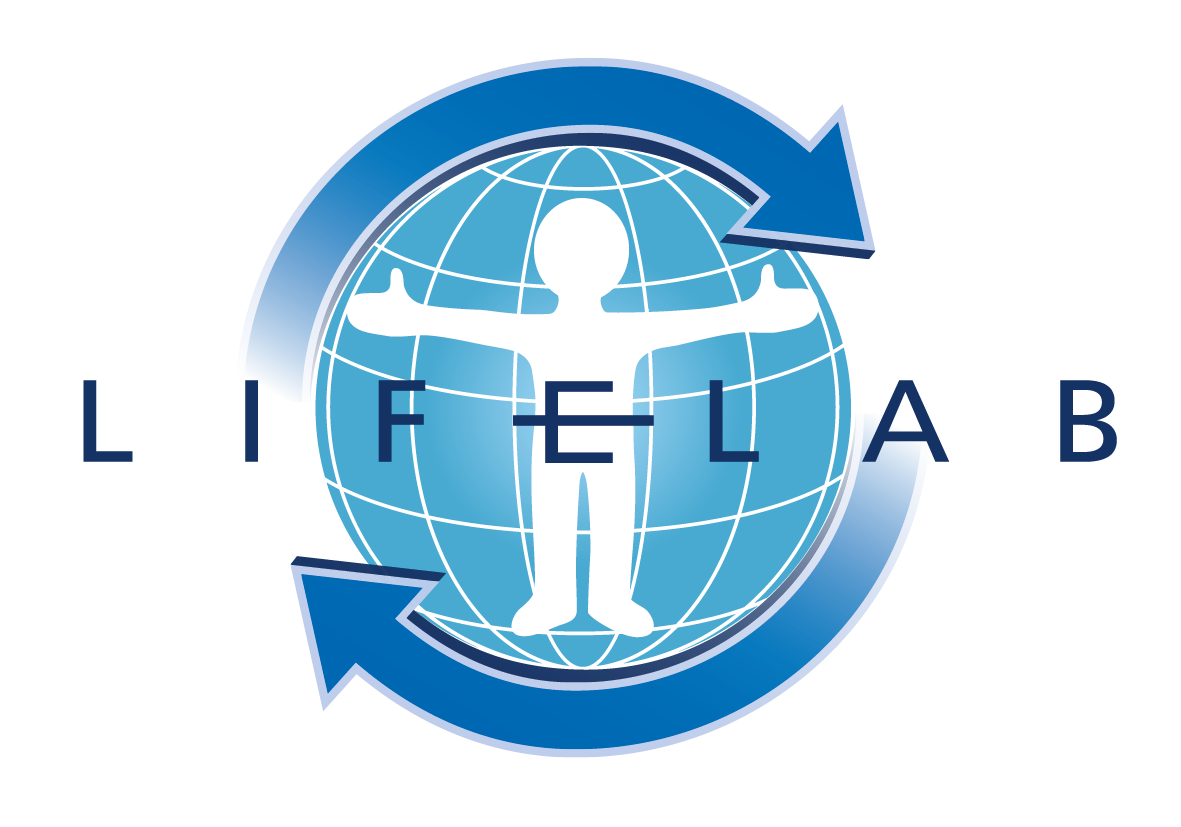The healthy generation: LifeLab.
Launched in 2008, LifeLab is a unique, innovative, educational programme. LifeLab is a collaboration between the Faculty of Medicine and the Southampton Education School at the University of Southampton and is located in University Hospital Southampton. LifeLab includes a purpose-built classroom and laboratory facility with state-of-the-art equipment and a dedicated team of educators and support staff. LifeLab’s mission is to empower children and young people through scientific discovery to make positive lifestyle choices for their physical and mental health, wellbeing and resilience now and in the future and for their future children.
What’s the innovation?
Launched in 2008, LifeLab is a unique, innovative, educational programme. Located in University Hospital Southampton, LifeLab includes a purpose-built classroom and laboratory facility with state-of-the-art equipment and a dedicated team of educators and support staff. LifeLab’s mission is to empower children and young people through scientific discovery to make positive lifestyle choices for their physical and mental health, wellbeing and resilience now and in the future and for their
future children.
Non-communicable diseases (NCDs), including cardiovascular disease, type 2 diabetes and some cancers account for over 70% of deaths globally and this number of deaths is rising rapidly. Behavioural risk factors are the largest contributors to this NCD burden, with smoking, poor diet, high blood pressure, and high body mass index (BMI) being the top contributors. According to the Department of Health and Social Care (DHSC), long term conditions (such as type 2 diabetes, cardiovascular disease etc) account for: 69% of health care spend, 77% of inpatient bed days, 55% of GP appointments and 68% of outpatient and emergency appointments. As an example of the economic burden of these risk factors – poor diet costs the NHS £6 billion annually. These figures are why prevention of long-term conditions is one of the highest priorities in the NHS Long Term plan, Public Health England’s strategy for the next five years. Adolescence is increasingly recognised as an important time when health behaviours responsible for NCDs become embedded, tracking into adulthood.
Adolescents are the next generation of parents and so adolescence offers a window of opportunity during which improvements in health behaviours not only benefit the long-term health of individuals but also enable them to be better prepared for parenthood, passing better health prospects onto their children. Follow-up of over two million adolescents demonstrated that a BMI at the upper end of normal during adolescence is associated with increased cardiovascular and all-
cause mortality 40 years later.
To date, more than 11,000 students from 65 schools across the South Coast of England have benefitted from LifeLab’s programmes and over 335 teachers have received LifeLab training in order to support children’s and young people’s move to more healthy behaviours. LifeLab is the only facility of its kind in the UK contributing to tackling the current health crisis that
our children and young people face.
What are you looking to get from #VFS21?
We are at a critical stage as we consolidate our evidence that this approach is innovative and effective. Having had outstanding success in securing research funding to develop this evidence base, we now have the ambition and vision to move things forwards to tackle issues of immense societal, economic and health importance. We wish to explore the opportunities to scale up LifeLab nationally and internationally, whilst also ensuring a sustainable education facility that will grow to provide a national standard for health education. There are a series of potentially attractive directions to take as next steps, and the opportunity to go to our diverse markets to listen and shape our priorities will be invaluable. We lean towards a social enterprise activity which is fully sustainable and can continue to develop its approach in a way which will have the most impact for our varied audiences.
